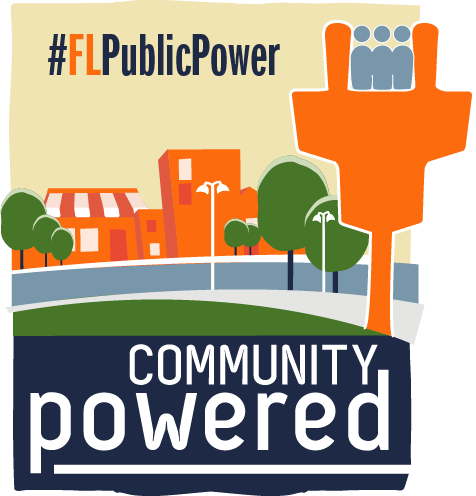Major FPL Solar Plan Sparks Controversy
 State regulators are poised to decide whether to approve a controversial $1.8 billion proposal that would lead to Florida Power & Light adding 20 solar-power plants over two years.
State regulators are poised to decide whether to approve a controversial $1.8 billion proposal that would lead to Florida Power & Light adding 20 solar-power plants over two years.
The Florida Public Service Commission will take up the issue next week after its staff issued a 46-page recommendation calling for rejection of FPL’s plan for the “SolarTogether” program. The proposal has drawn opposition from the state Office of Public Counsel, which represents consumers in utility issues, while receiving support from a variety of backers such as Walmart, the Miami-Dade County Commission, the Broward County Commission and the Southern Alliance for Clean Energy.
The controversy centers primarily on the way the program is structured and its different effects on FPL customers.
Under the program, customers would be able to voluntarily pay more on their electric bills to finance the projects and would receive credits that would result in them getting a “payback” in about seven years.
FPL contends that the program would respond to customers who want to help boost renewable energy and might not want to have rooftop solar panels.
“A growing number of FPL’s 5 million customers want to make a tangible difference in the world by sourcing their power consumption from renewable sources while also participating in solar’s increasingly favorable economics,” the utility said in a brief filed last month. “SolarTogether makes that possible. By making relatively modest monthly payments, participants may subscribe to blocks of capacity generated by the program-dedicated, cost-effective solar facilities, and they can claim the associated environmental attributes.”
But commission staff members and the Office of Public Counsel contend the program would have costs and financial risks for the vast majority of customers who would not participate. As an example, credits received by SolarTogether participants would come from money that all customers pay to cover power-plant fuel expenses. Initial participants in the program also would include commercial, industrial and government customers.
The commission staff recommendation, issued Friday, said the proposal would “authorize FPL to accelerate the construction of solar facilities and to add future solar facilities based upon the utility's marketing efforts and the desires of a select group of customers rather than adding generating units to satisfy projected reliability or economic needs for all customers.”
FPL and other utilities have moved quickly in recent years to build solar plants across the state, as renewable-energy technology has advanced and become more cost-effective. But the structure of the SolarTogether proposal and its financing differ from the other projects.
Utilities, for example, have included terms in base-rate settlements that have allowed them to collect additional money from customers to pay for solar projects. The commission has routinely signed off on such projects.
The commission, which is scheduled to decide on SolarTogether during a March 3 meeting, held a two-day hearing on the proposal in January.
The 20 solar plants would be built over two years, with each having a 74.5-megawatt capacity. FPL says, in part, that all customers would see long-term savings from the plan because the solar plants would take the place of other types of more costly electric generation. The company estimates that $112 million of those savings would go to the general body of customers.
“(The Office of Public Counsel’s) claim that the program is discriminatory, involuntary and subsidized ignores the program’s fundamental features. … FPL projects that the SolarTogether program is projected to be cost-effective at a reasonable cost and provide net benefits in the form of cost savings for the general body of customers, including participants and non-participants, i.e., all FPL customers,” the utility said in its brief last month.
But the Office of Public Counsel blasted the proposal in a brief, arguing that customers not participating in the program might not see a net financial benefit for 26 years.
“To be clear, citizens are in favor of solar and bona fide plans to improve Florida’s environmental condition; however, citizens do not favor forcing the vast majority of customers to fund vanity projects and take on all risks of those projects which primarily benefit only a few participants,” the Office of Public Counsel argued.
Article reposted with permission from The News Service of Florida.
 Enter your email address in the
Enter your email address in the 